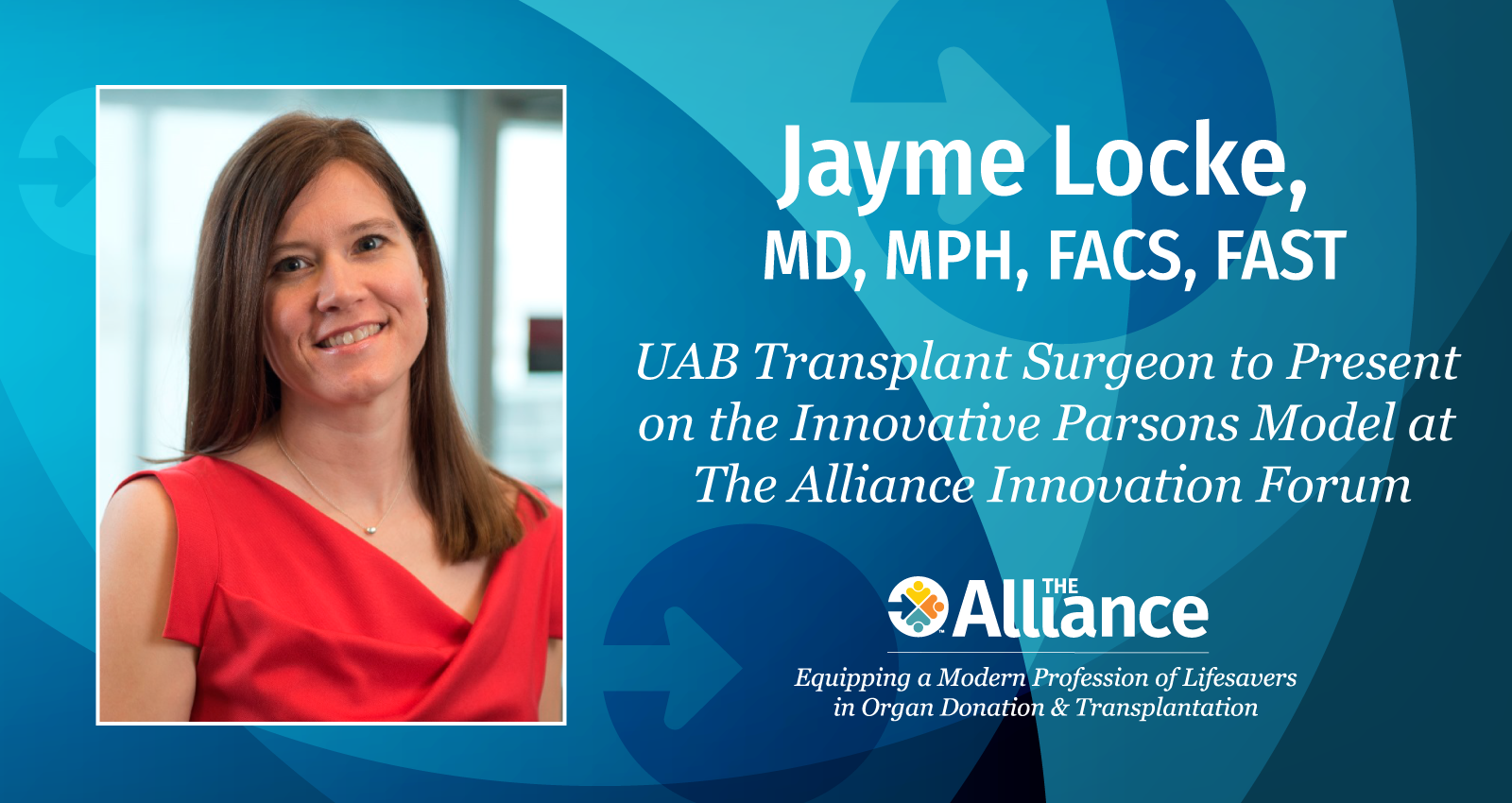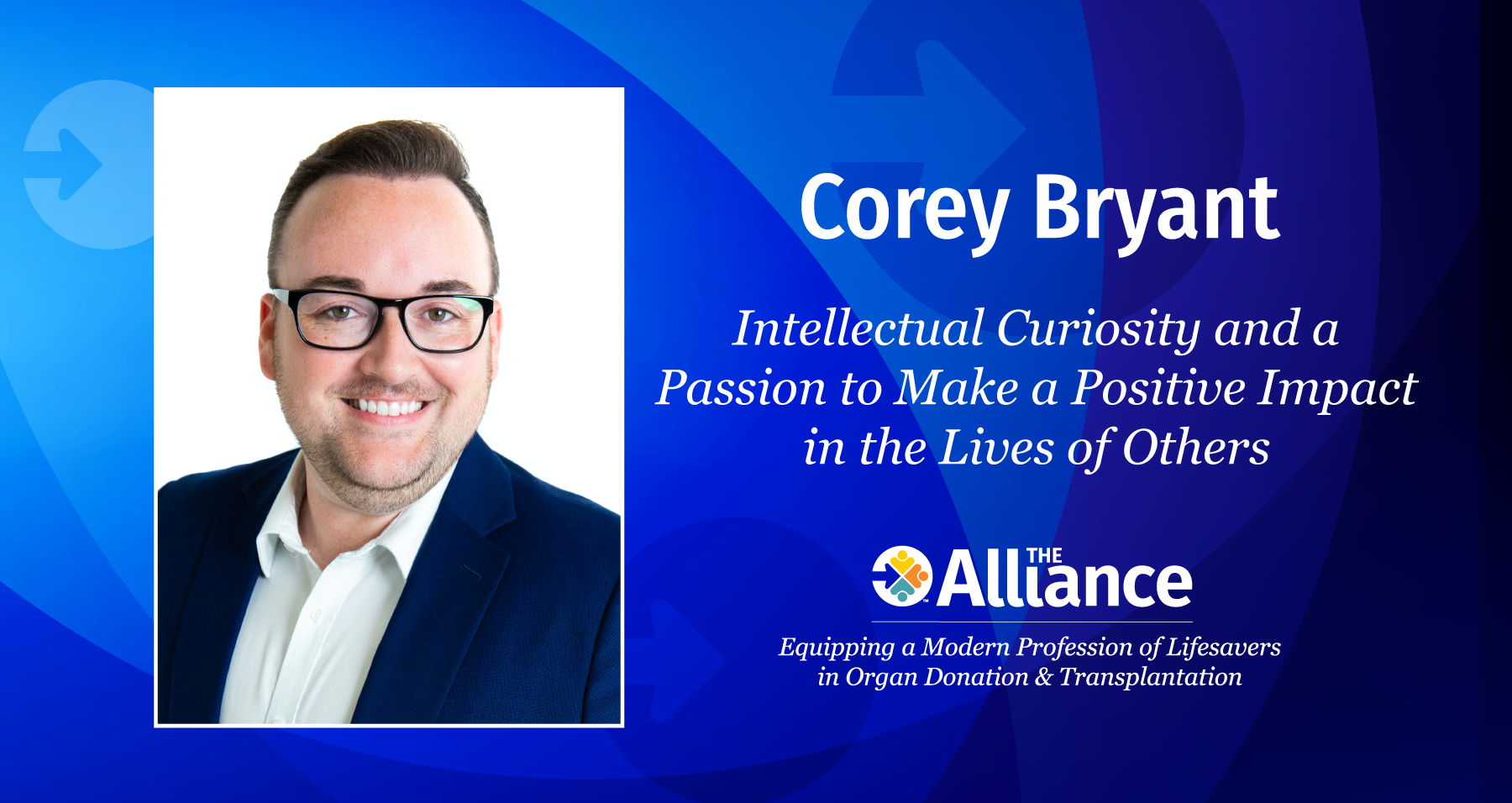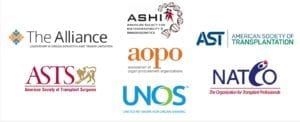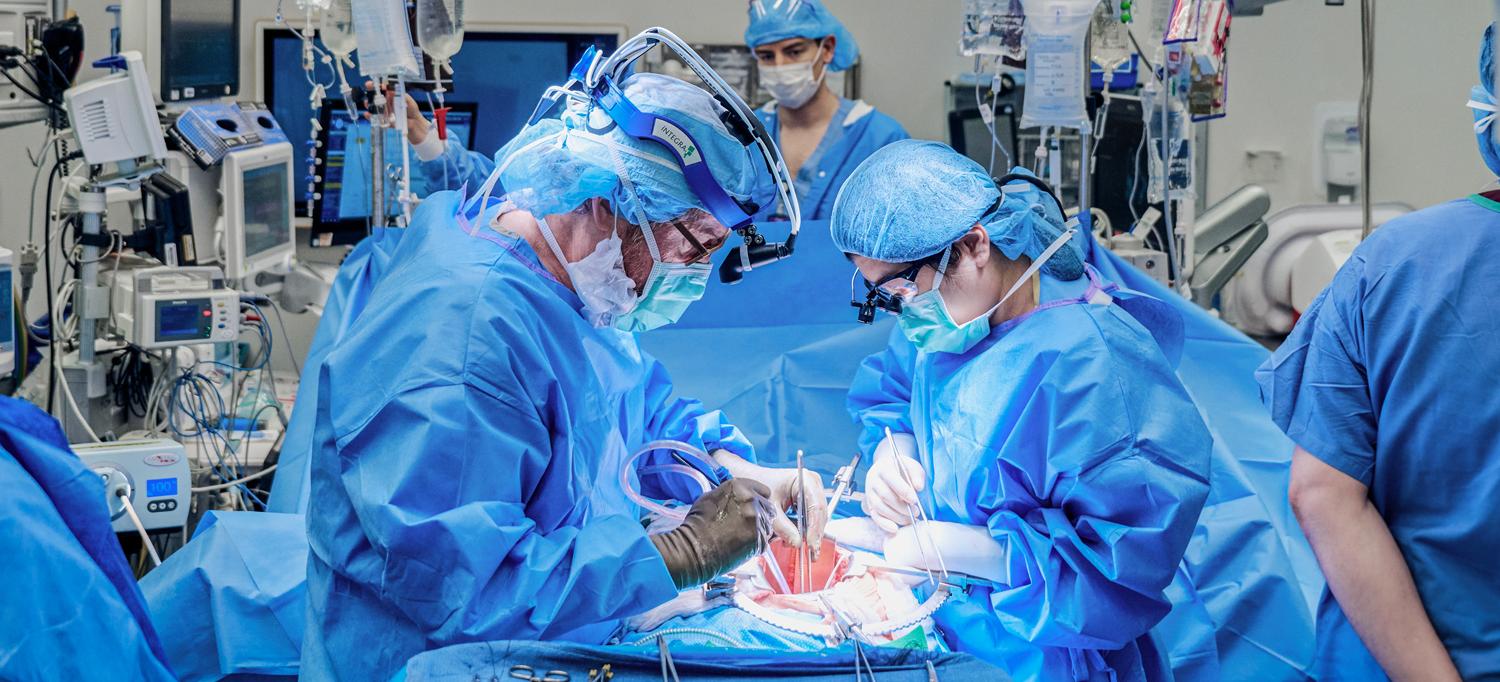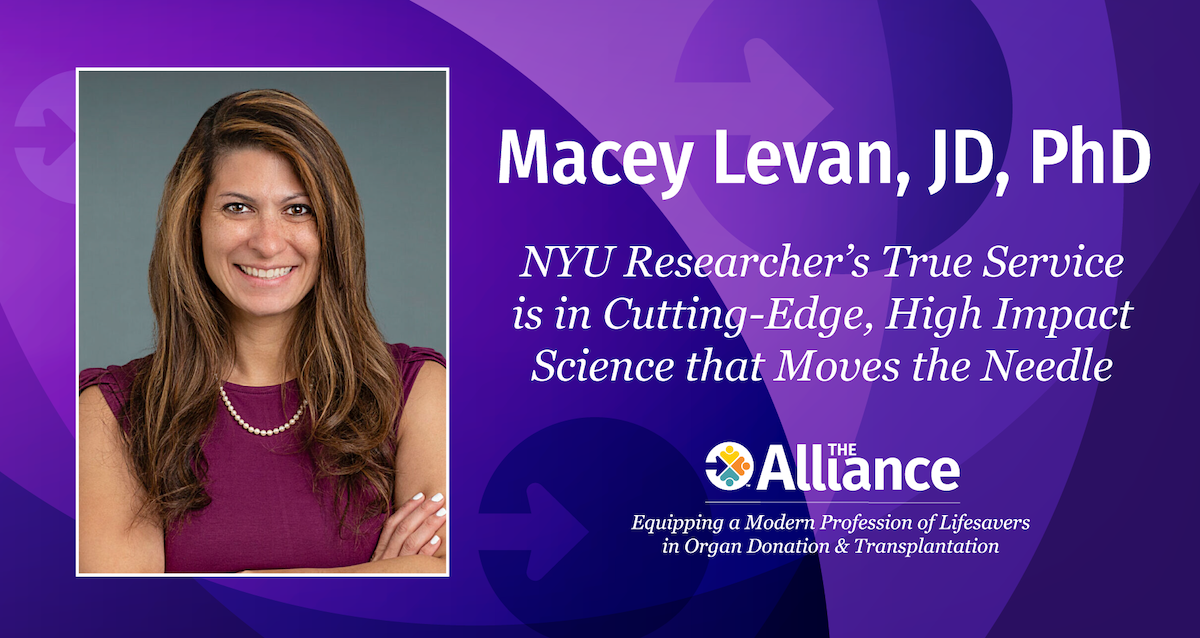In a recent article published in The Hastings Center Report, the authors assert that “interventional research on deceased organ donors and donor organs prior to transplant holds the promise of reducing the number of patients who die waiting for an organ by expanding the pool of transplantable organs and improving transplant outcomes.” The authors posit, “one of the key challenges researchers face is an assumption that someone who receives an organ that was part of an interventional research protocol is always a human subject of that same study.” They urge, “the consequences of this assumption include the need for oversight by an institutional review board and for research-level informed consent from transplant recipients, all within the complex practical realities of the organ donation and transplantation process in the United States.” According to the authors, “the current national focus on this issue provides an opportunity to think critically about the policy goals for the human subjects regulations and their application to the nascent field of deceased organ donor intervention research.” A recent article in The Atlantic echoed a similar sentiment about ethical issues surrounding organ transplant research.
In 2015, The Alliance assembled a Donor Intervention Research Expert Panel, which called upon the HRSA Division of Transplantation to develop an oversight mechanism to enable and facilitate interventional research in deceased donors and donor organs. Read the full proposal here.
As published in a 2016 article in The American Journal of Transplantation, “the number of deceased donor organs has not kept pace with the growing demand for transplantation in the United States, despite many novel efforts to expand the organ supply. Innovative donor intervention strategies focus on achieving and maintaining optimal circulatory, metabolic, and hemodynamic function to facilitate procurement of organs for transplantation.” They assert, “together with technological advances to better preserve organs and mitigate organ injury, identifying effective donor intervention strategies has potential to increase the number and quality of transplantable organs from deceased donors. For instance, some studies have demonstrated that improvement in organ quality and more transplantable organs per donor can be achieved with more aggressive donor intervention. While findings from donor intervention research are encouraging, there is considerable opportunity for growth in this line of scientific investigation.”
Researchers surveyed transplant surgeons, organ procurement organization (OPO) professionals, and institutional review board (IRB) members and found wide variations in their perceptions about research classification, risk assessment for donors and organ transplant recipients, regulatory oversight requirements, and informed consent in the context of deceased donor intervention research.
“For instance,” the researchers explain, “when presented with different research scenarios, IRB members were more likely than transplant surgeons and OPO professionals to feel that study review and oversight were necessary by the IRBs at the investigator, donor, and transplant center hospitals. Survey findings underscore the need to clarify ethical, legal, and regulatory requirements and their application to deceased donor intervention research to accelerate the pace of scientific discovery and facilitate more transplants.”






